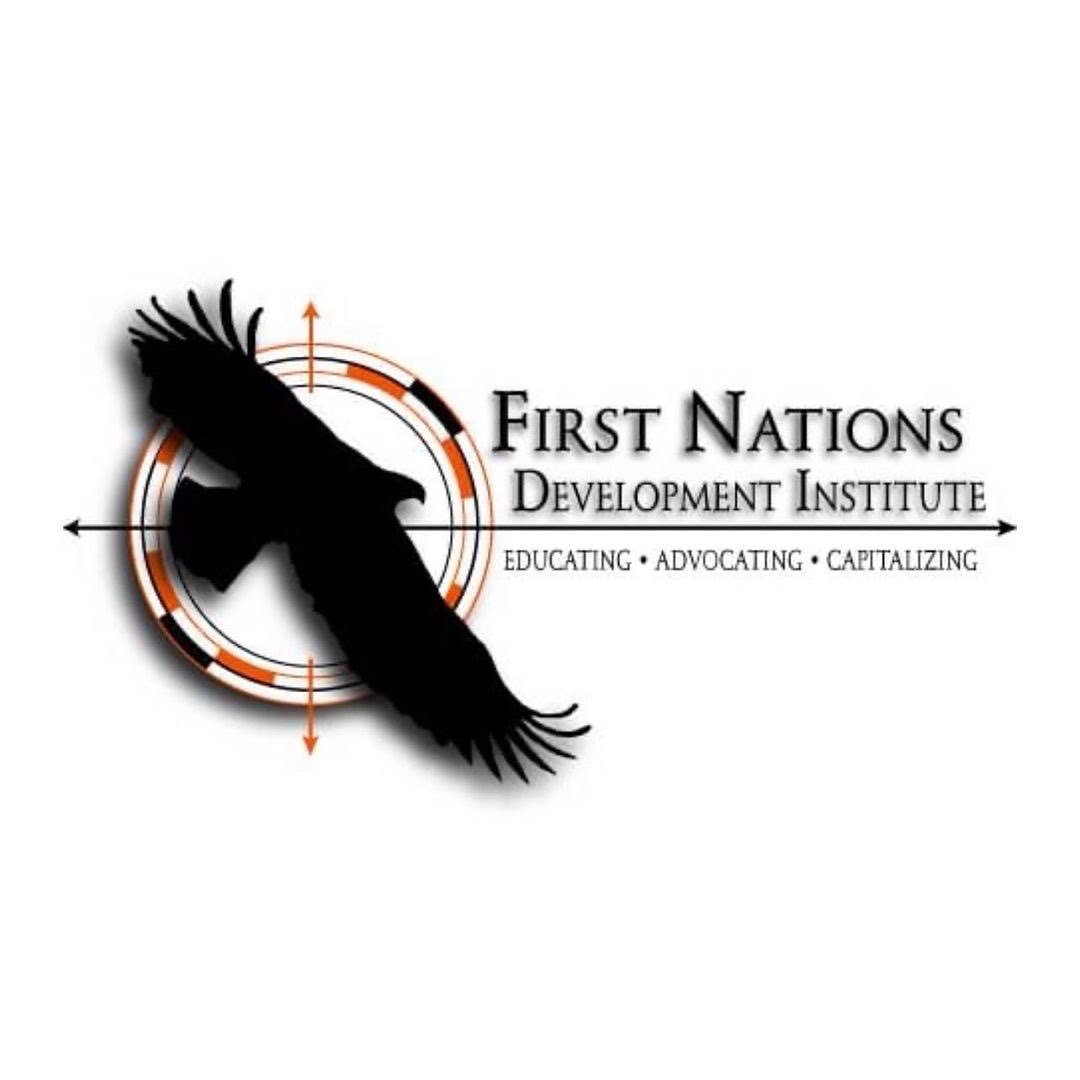Our commitment.
Our customers had the opportunity to select from a number of organizations across the globe that we committed to making a $1000 donation to with each van sold.
Take a moment to view the amazing nonprofits below and learn more about the phenomenal work they do.
In our efforts we hope to continue to work together toward the goal of ecological, societal, and environmental sustainability.
The organizations we support.
MAINE COAST HERITAGE TRUST, Maine Coast Heritage Trust (MCHT) conserves and stewards Maine’s coastal lands and islands for their renowned scenic beauty, ecological value, outdoor recreational opportunities, and contribution to community well-being. MCHT provides statewide conservation leadership through its work with land trusts, coastal communities and other partners.
CALIFORNIA NATIVE PLANT SOCIETY, The California Native Plant Society is on a mission to save California’s native plants in one of the United States’ most uniquely diverse horticultural environments by bringing together science, education, conservation, and gardening to power the native plant movement.
POLARIS, Polaris is leading a data-driven social justice movement to fight sex and labor trafficking at the massive scale of the problem – 25 million people worldwide deprived of the freedom to choose how they live and work. For more than a decade, Polaris has assisted thousands of victims and survivors through the U.S. National Human Trafficking Hotline, helped ensure countless traffickers were held accountable and built the largest known U.S. data set on actual trafficking experiences. With the guidance of survivors, they use that data to improve the way trafficking is identified, how victims and survivors are assisted, and how communities, businesses and governments can prevent human trafficking by transforming the underlying inequities and oppressions that make it possible.
FIRST NATIONS DEVELOPMENT INSTITUTE, First Nations Development Institute’s mission is to strengthen American Indian economies to support healthy Native communities. They invest in and create innovative institutions and models that strengthen asset control and support economic development for American Indian people and their communities.
With the support of individuals, foundations, corporate and tribal donors, First Nations Development Institute improves economic conditions for Native Americans through technical assistance & training, advocacy & policy, and direct financial grants in six key areas:
Achieving Native Financial Empowerment
Investing in Native Youth
Strengthening Tribal & Community Institutions
Advancing Household & Community Asset-Building Strategies
Nourishing Native Foods & Health
Stewarding Native Lands
STOP Girl Trafficking
The problem is huge. Every year, as many as 20,000 girls from the poorest parts of rural Nepal are trafficked. They and their families are tricked with false promises of good jobs or lured by proposals of marriage from handsome strangers. They end up in brothels, in homes and factories as slaves, or forced into child marriage, their young lives cut short by trauma and abuse.
How can this happen? Grinding poverty, caste discrimination, and the belief that women have little value: a girl is an extra mouth to feed until she is married off. If she can leave home to earn money for the family, they may be too desperate to look closely at what her fate might really be.
Education is the way. AFH’s partner, Dr. Aruna Uprety, pioneered the idea of combatting trafficking by preventing it—stopping it before it happens. If a girl has value, in her own eyes and her family’s, she will not “go missing”. How to give girls value? By educating them.
With AHF’s support, Aruna and her organization, RHEST, go into the villages, find the girls most at risk, put them in school and keep them there so they are safe. They also educate the girls and their families about the realities and dangers of trafficking and early marriage, and weave a protective web of trusted people around the girls so they can reach out if trouble does arise.
The program, which began with 54 girls, now has 12,000 girls safe in 500 schools across Nepal, on the path to a future full of hope instead of dread.









